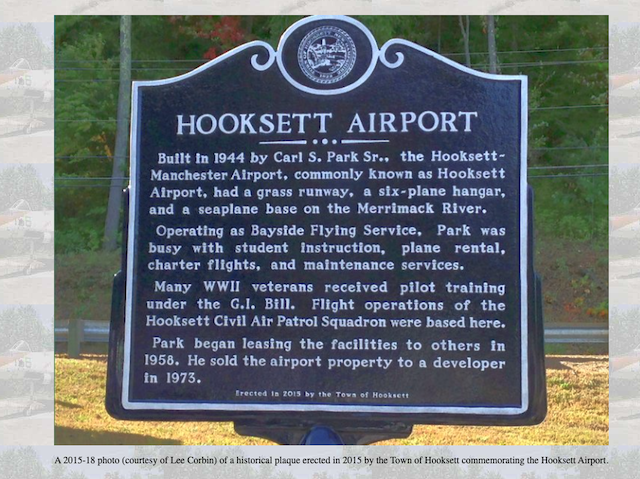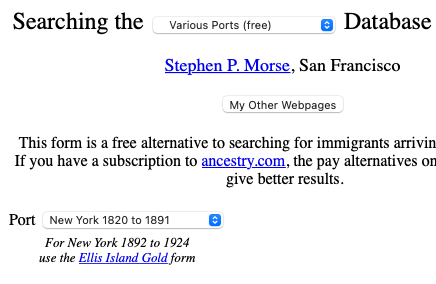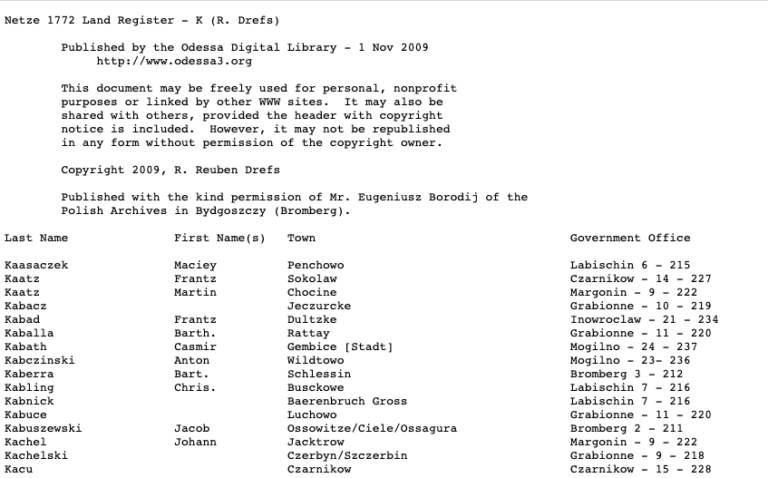Every month in the course of researching genealogy, I stumble upon an old-school genealogy website dating from the early days of the Internet.
You’ve probably seen such sites before. The design looks old. Links may be broken. They may not work well on mobile phones. They are usually run by a single person, a local genealogy society, or a small company. Are these websites worth your while? Read below to find out…
First and Foremost, Watch Out For:
1. Is the website accurate?
Many older websites are run by a single person who may not have the bandwidth to verify every piece of information they publish. This puts the burden on you, the genealogist, to check their accuracy or note the limitations of the online source.
2. How long will this information be available?
The information on such sites may not be available for long. Maybe the person who shares a record or database decides to withdraw permission, or the owner of the website decides to take the site offline for other reasons, such as cost or new technical requirements.
Whatever the case, once the information disappears from public view, it may be gone forever. For this reason, if you strike gold and discover such a site, be sure to copy those special pieces of information you can’t easily find elsewhere!
Older Websites That Can Help You
1. Airfield Maps In a recent edition of the EasyGenie newsletter, a link was included to thousands of abandoned airfields across the United States. A pilot, Paul Freeman, started publishing it 20 years ago because of his personal passion for flying. It contains historical information about local airports, pictures, maps, and more. As far as we know, there is no comparable repository online or off.

2. A simple database of people on U.S. customs lists: This site lists those who arrived by boat in Castle Island in New York or Boston Harbor starting in 1820 and ending later in the same century.
The site is very basic – just a few search fields with no images or flashy logos. It may not seem like much, but for people whose immigrant ancestors arrived before Ellis Island opened in New York late in the 19th century, this is a valuable tool. It was created by a programmer named Stephen P. Morse in 2004, and is still in operation 18 years later.

3. Regional/Village Historical Sites
There are also websites devoted to the history of a village or region, often including information that may not be available anywhere else for free.
For instance, a webpage posted by the Odessa Digital Library in the 2000s contains summary English translations of West Prussian and Netze Land Records from the late 1700s, sourced from the original records in Poland.
You won’t find this information on Ancestry. The information on the Odessa Digital Library was gathered and posted by people who love genealogy and history, and want to share what they’ve found. As the creator of the Odessa Digital Library notes:
Odessa is a digital library dedicated to the cultural and family history of the millions of Germans who emigrated to Russia in the 1800s and their descendants, who are now scattered throughout the world. The Odessa document collection consists primarily of digitized books and records plus indexes of microfilms and research aids that enable users to trace individual and family migrations since the early 1800s. Odessa is made freely available by the author, Roger Ehrich, on whose cloud server the library resides.

4. Surname Websites: There are thousands of personal genealogy blogs dedicated to a certain surname or extended family. With hundreds of ancestors from New York, I frequently turn to a collection of historical newspapers from New York state, available as free PDF downloads from a website created by Tom Tryniski, a retired engineer, more than a decade ago. To find a surname website for your ancestor, simply do a quick Google search to see if one exists!
As you can see, there are many valuable older websites out there. Even though they may not look pretty, they can certainly help you with your research. So when you stumble upon an old website, don’t write it off – you just might find information available nowhere else!

